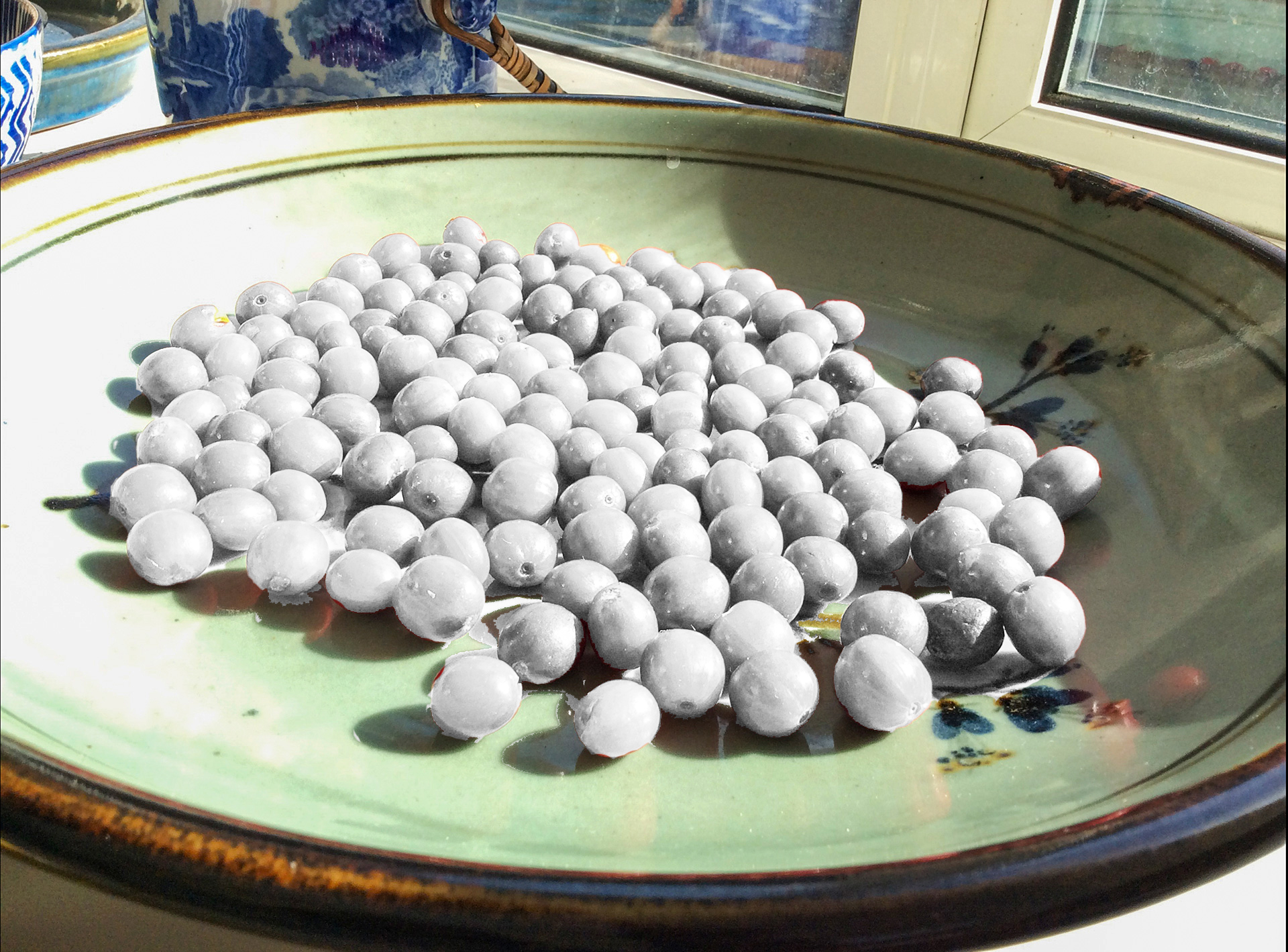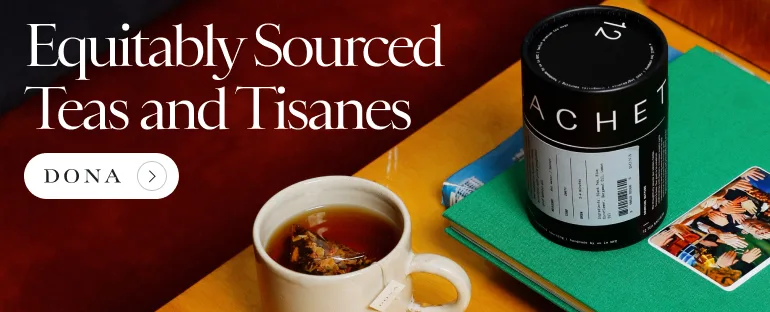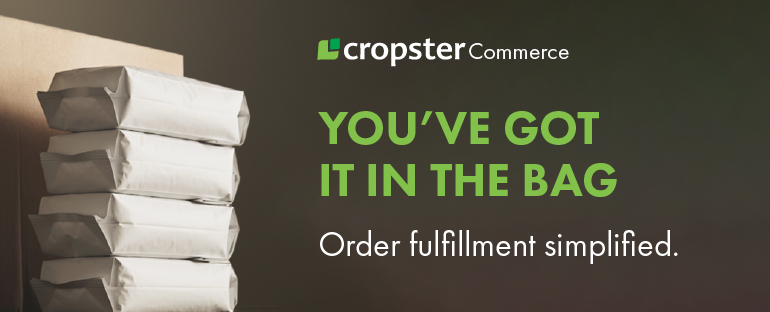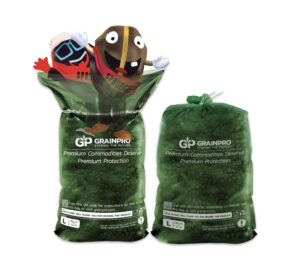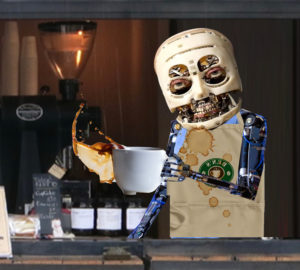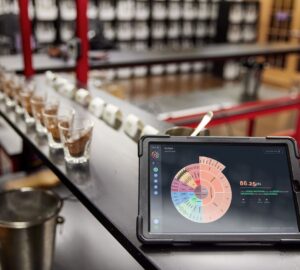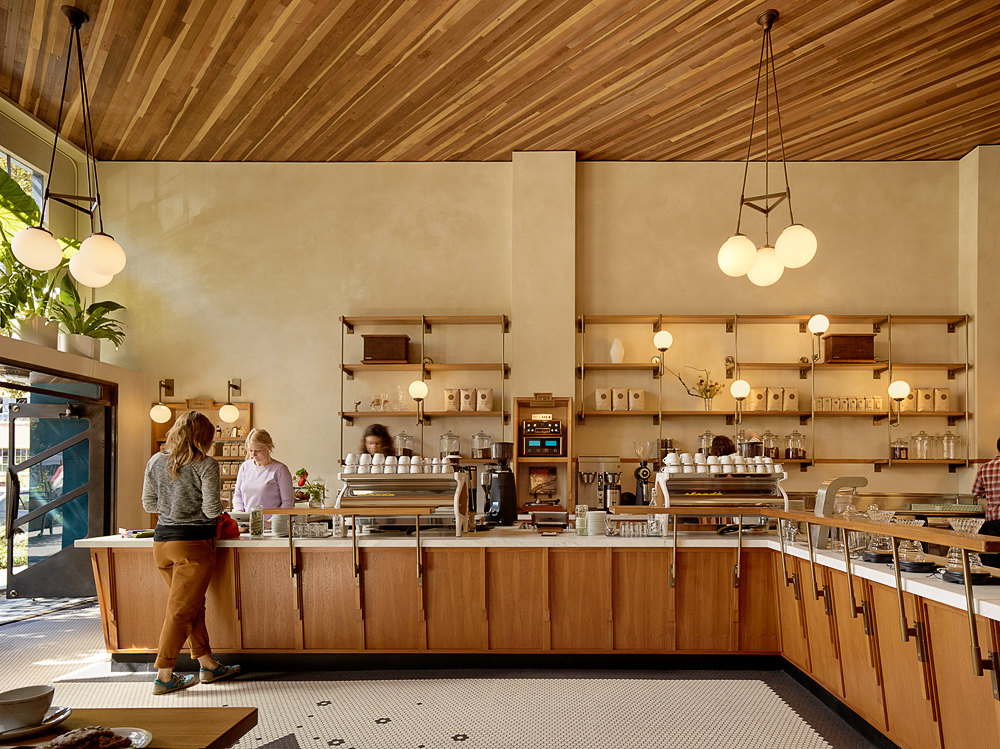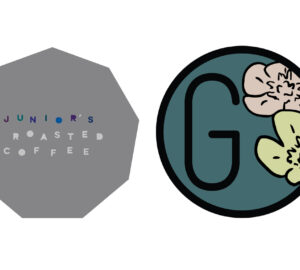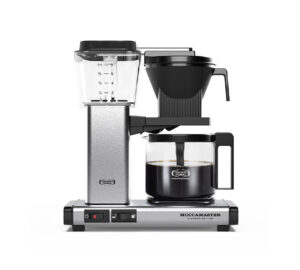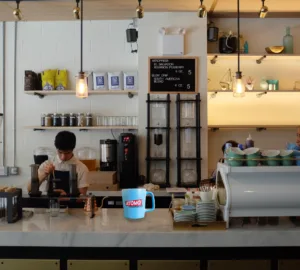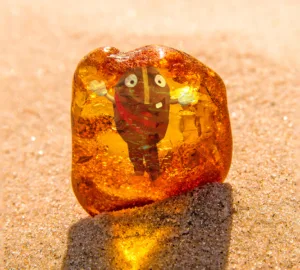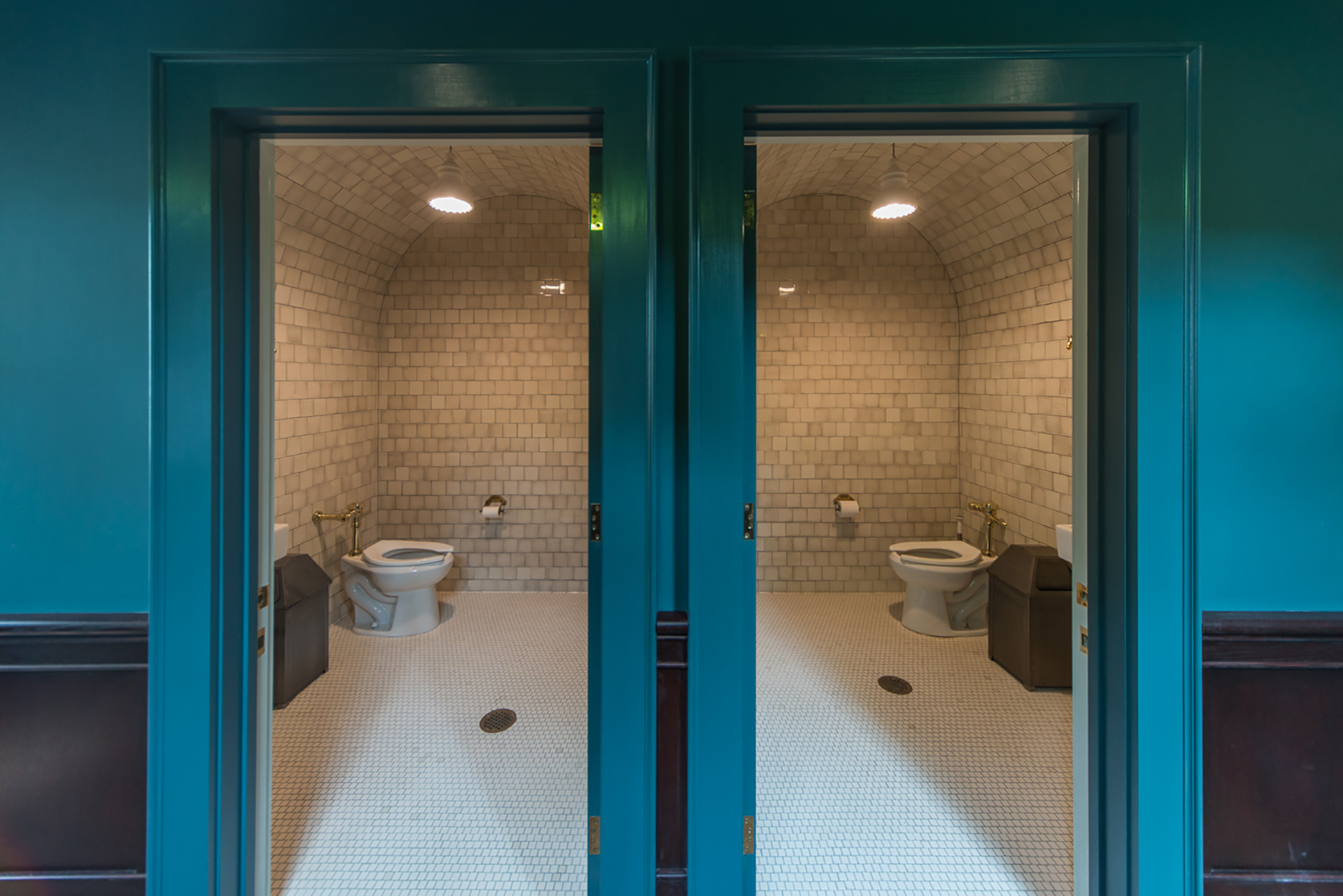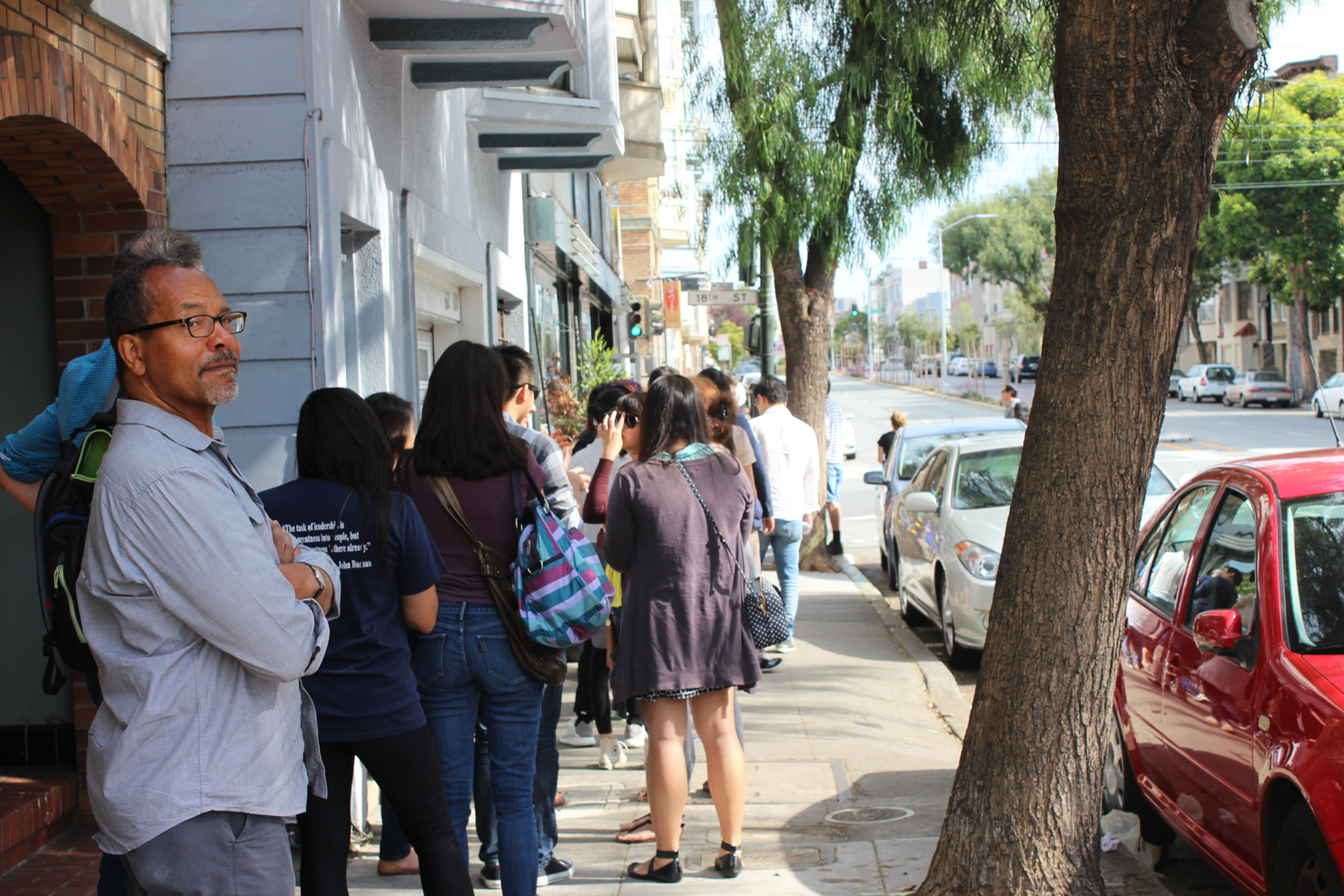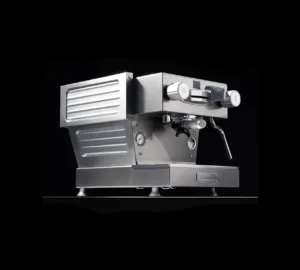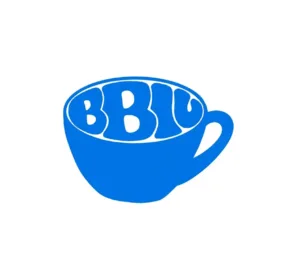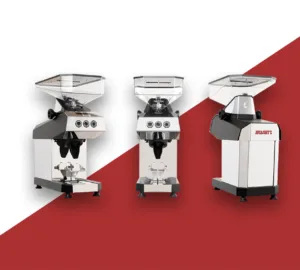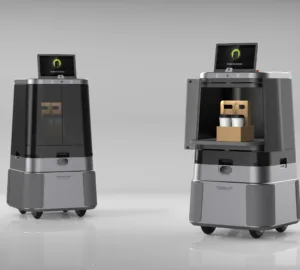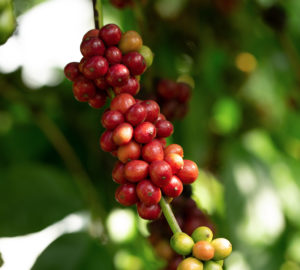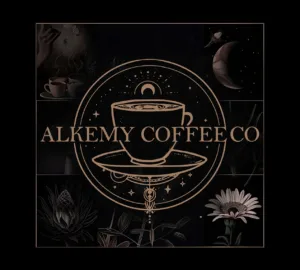One of the biggest trends at the intersection of tech and coffee over the last few years—and frankly one of my least favorite—is, well, not-coffee. Some call it “molecular coffee,” some call it “cell-based” or “lab-grown” or “beanless” even, but whatever it is, it is not produced from the earth. Each product launch and revelation around this space comes marauding with claims about making coffee “more sustainable,” citing cherry-picked facts about deforestation and other alleged negative side effects of some coffee farming practices. These claims function as a sort of zero-sum game, in which the vague totem sustainability becomes the end-all be-all, conveniently forgetting to ledger the impacts on those who stand to lose the most from not-coffee: the producers, those very real, terribly inconvenient human beings who actually grow and harvest the coffee in the first place.
Now there is molecular coffee in sparkling form. As reported by Food Business News, the sparkling beverage is known as Zero Coffee and is the product of Cult Foods, the new products arm of Cult Food Science Corp, “an investment platform accelerating the development of cellular agriculture technologies” based in Toronto. The “cell-based coffee” is the first of two offerings from Cult Foods, along with Free Candy, a “performance gummy made with cell-based collagen.”
“The products that bring us so much joy—an afternoon coffee or sweet snack—so often rely on environmentally harmful ingredients,” [Cult Foods VP of product development Joshua] Errett said . “Cult Foods is providing a sustainable alternative with its Zero Coffee and Free Candy products, making the joy of coffee or candy truly guilt-free.”
Zero Coffee is not Cult Food Science Corp’s first foray into coffee. Included in their portfolio of 18 “early-stage cellular agriculture companies” is Compound Foods, the San Francisco-based maker of the aforementioned “beanless” coffee. Flavors for Zero Coffee include Classic, Chocolate, and Honey, each touting 100mg of caffeine per 12oz can, roughly the same as a standard cup of coffee. Zero Coffee hasn’t yet hit the shelves for mass public consumption.
Scratch the surface even just an inch beyond the tech buzz doublespeak, and the implications become obvious. This is your classic straw man argument: yes, there are some bad, unsustainable farming practices in coffee production, but not all coffee farming is like this, not even close. Molecular coffee posits that by indiscriminately funneling money away from coffee producers, many of whom are growing the coffee you drink every morning in a responsible and sustainable fashion, and into the hand of Seattle and Toronto and Silicon Valley tech disruptors, we will have achieved some sort of ethical consumption apotheosis.
And then what? I have a guess.
All that deforestation we saved from not growing coffee will now be deforestation from a different cash crop. Because it’s not what is growing on the land that leads to deforestation but the people behind it, who will then instead be forced to rip out more rainforest to grow cacao or avocados or bananas. And caught in the middle are the rest of the coffee producers, already under siege from immorally low and unpredictable coffee prices, who now have to contend with folks not buying their product because some conglomerate farmer somewhere is deforesting land and it is being turned into marketing fodder (and money) for a tech company a thousand miles away from the problem.
And then some brainy young go-getters with a lot of college debt in Fremont or Quayside or Austin’s Silicon Hills are going to molecularly innovate the banana, and the cacao plant, and the avocado, too. Because these are also plants that can be amorphously linked to environmental impact, pointed to as billion dollar industries, and fund-raised to disrupt. It all pencils out, adds up to alpha, makes sense, hits that valuation, as long as you are willing to never actually tally the final sum of the equation, or say the quiet part loud, which appears to be simply, inevitably: fuck the farmers.
In truth I don’t actually think not-coffee will ever overtake the real thing. (And if it does, it will probably be the least of our problems in the grey-scale dystopian times we will find ourselves in.) But this is the logical conclusion of tech’s new favorite idea about sustainability in coffee. Whether or any of these drinks are good or taste like coffee—which I would imagine they do, because science is an amazing thing—is not the point. It’s what are we gaining and losing in the exchange.
So the next time a shiny new coffee company pops up offering a revolutionary new idea and how it’s some sustainability silver bullet, ask yourself one question: sustainability for whom?
Zac Cadwalader is the managing editor at Sprudge Media Network and a staff writer based in Dallas. Read more Zac Cadwalader on Sprudge.











